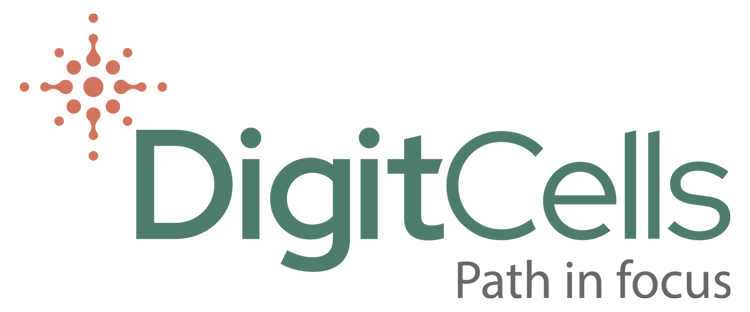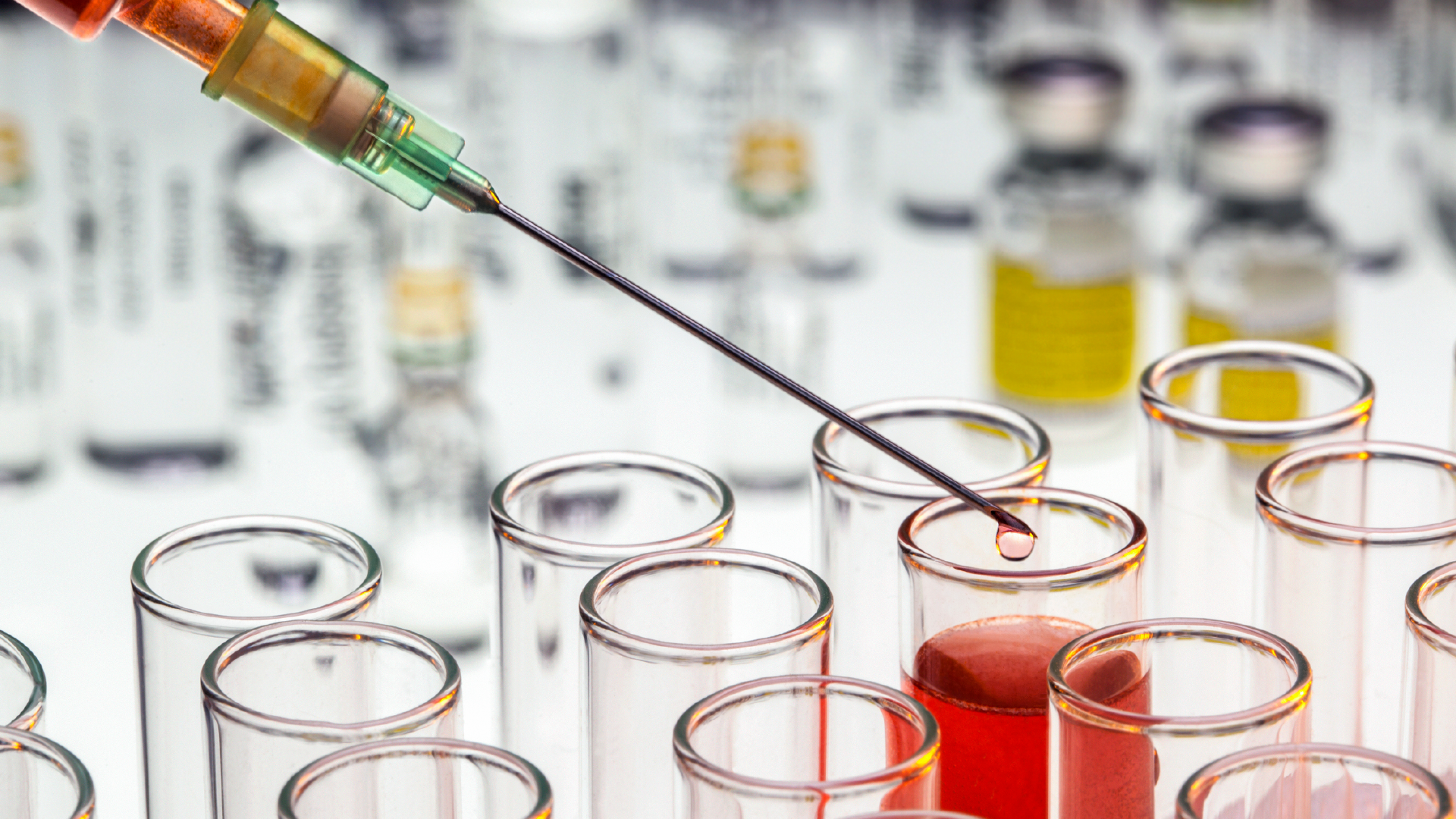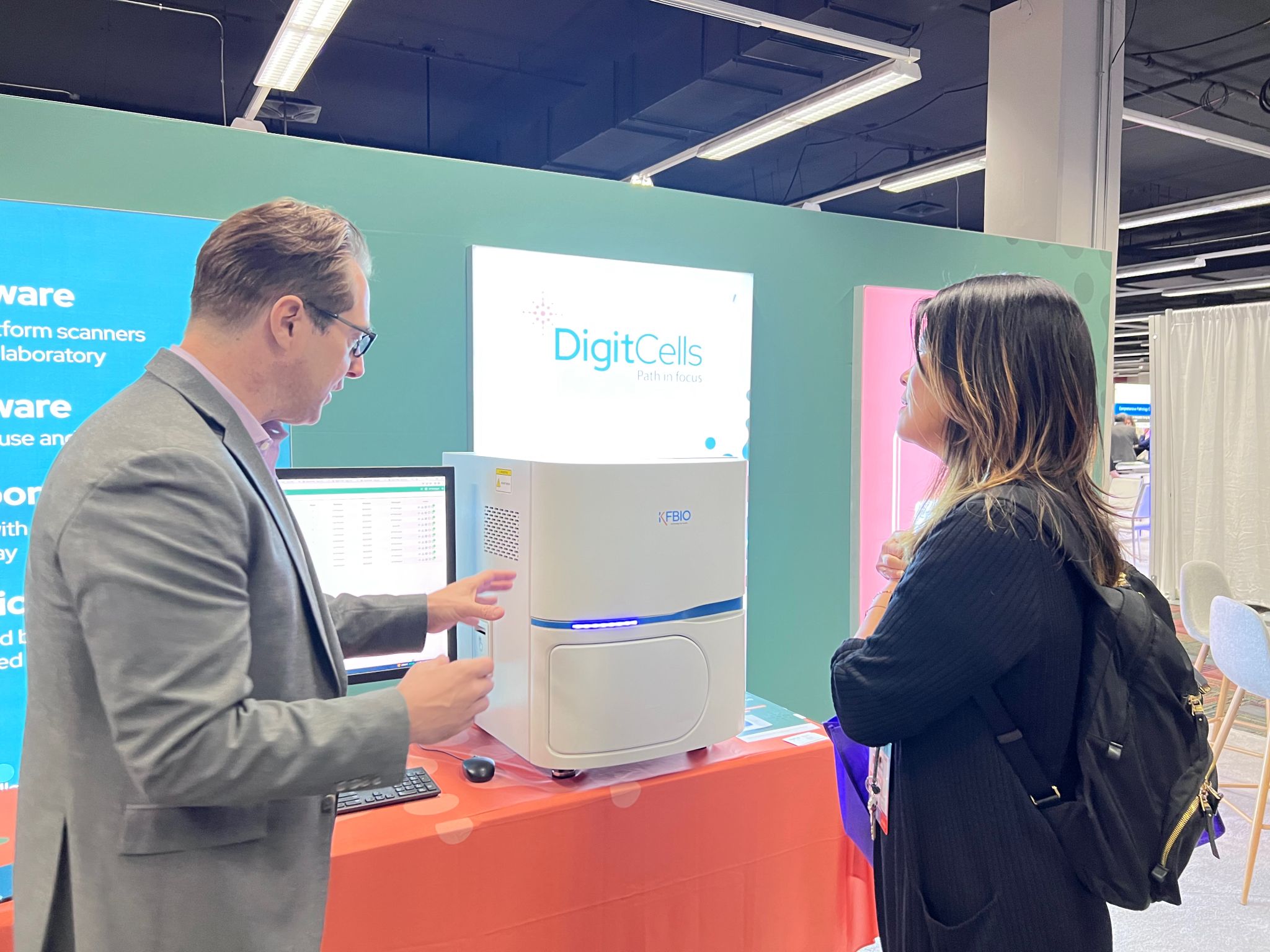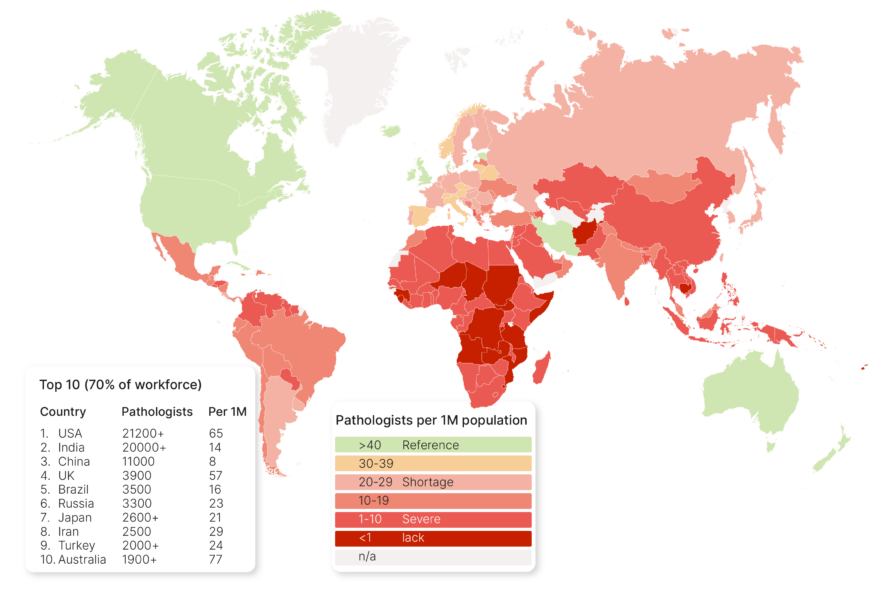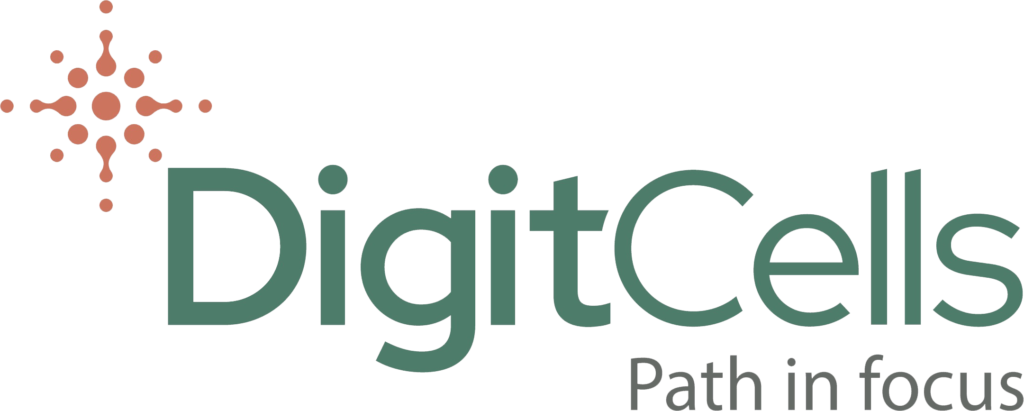The COVID-19 crisis has created tremendous healthcare delivery challenges due to the difficulty of both doctors and patients to meet in person. These challenges have been increasingly addressed via digital and telehealth technologies to enable doctors and patients to connect safely and maintain continuity of care. Although digital and telehealth technologies have been available for years, historically these technologies experienced barriers of poor reimbursement and regulatory restrictions that led to low adoption rates. These barriers are increasingly being addressed due to the COVID crisis with additional support from payers and regulatory bodies.
Although consumer-facing telehealth has received the most attention, there are other areas of medicine undergoing similar transformations. In particular, pathology has faced a unique challenge during the COVID crisis. Because pathologists practice in-person using optical microscopes to view tissue slides that are often handled by multiple individuals and are routinely shipped to other institutions for second opinions, pathologists have faced a personal risk during the COVID crisis. In fact, early in the pandemic, a prominent pathologist at the University of Washington tragically passed away from COVID-19.
Fortunately, the technology exists to support pathologists to work remotely and safely. High-volume digital slide scanners and digital pathology slide viewers enable both the digital transmission of slides and remote work. Despite the availability of technology, other challenges remained including the low adoption of digital pathology infrastructure prior to the crisis and regulatory barriers that restricted pathologists to performing primary diagnoses only in a lab certified by the Clinical Laboratory Improvement Amendments (CLIA). The College of American Pathologists advocated CMS for the flexibility to work remotely and in March, CMS waived those requirements as a public health emergency response.
Even before COVID-19, there was a strong case for adopting digital pathology in hospitals and labs. Digital pathology increases the availability and efficiency of pathologists and improves response times to patients, streamlines second opinion processes, and makes querying archives far easier.
The need for a digital pathology solution will only become more acute as the increase in demand for tests is amplified by a decreased pathologist workforce. According to the Journal of the American Medical Association, the number of active pathologists decreased by about 18% in the last decade. At the same time, the WHO estimates that the number of new cancer cases will rise by ~60% over the next two decades. This increase in cases with a decrease in the workforce is leading to pathologists who are struggling to keep up with their workloads, impacting patient outcomes, value-based payments, and creating overall conditions of workplace burnout.
Paige technology offers solutions to both problems. Our digital pathology enterprise imaging solution includes a digital slide viewer, FullFocusTM, that was recently FDA-cleared for primary diagnosis. It is designed for high performance and offers increased interoperability across scanners and monitors (for now, the initial clearance is in conjunction with Philips Ultra-Fast scanners). Our digital pathology technology offers pathologists the ability to safely work and collaborate while enabling hospitals and labs to maintain business continuity during this crisis. Furthermore, our upcoming digital diagnostics portfolio will provide actionable information to pathologists during diagnosis leading to enhanced diagnostic confidence, productivity and faster results for patients across multiple cancers and biomarkers.
COVID-19 has challenged pathologists, hospitals, and labs to provide continuity of quality care while maintaining safety for pathologists. Fortunately, the technology to meet this challenge exists today and is rapidly being adopted by hospitals, labs and pathologists around the globe. Paige is excited to support this critical practice in medicine today and bring many more breakthroughs to the field in the future.
